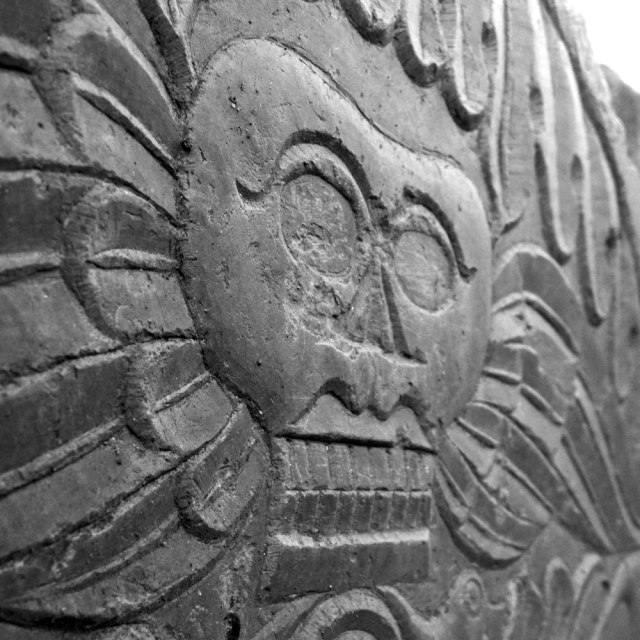
The discovery of a pattern seems to me to be an inherent feature of the human experience of making. Whether he or she thinks about it or not, or is even aware of it, a person who makes something implicitly assumes existence of an order or standard of rightness that transcends all recipes and rules of composition: a standard, a pattern, or – to use the Greek word – a paradeigma which both measures the work and is measured by it.
This pattern can be thought of as a single, immutable template to be traced or copied, which appears to be how Plato understood it, or it can be thought of as a mutable rhythm governing a pattern of movement, like the figure of a dance: a rhythm or order (kosmos) that is rediscovered with each new tracing of the figure.
Artists – and by “artists” I mean all people who make things: not just novelists, poets, composers, and painters, but also cooks, gardeners, and seamstresses, insofar as they are not assembly line workers – are an infinitesimal and powerless minority in the Western world, but this was not always the case. The civilization of archaic Greece, which is to say Western civilization at its very roots, has been called a civilization of the artisan….
It is my contention that, with the dawn of Greek thought, the pattern discovered, or allowed to appear, through making was universalized to become the pattern that eventually came to be understood as the one embodied in the cosmos as we understand the word.
— Indra Kagis McEwen “Socrates’ Ancestor” (The MIT Press, Cambridge, Mass.)